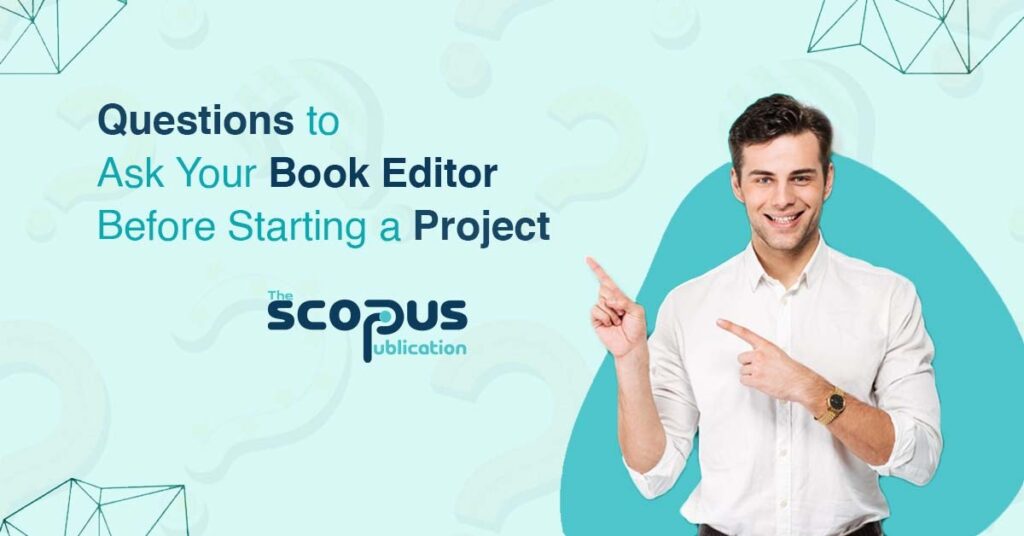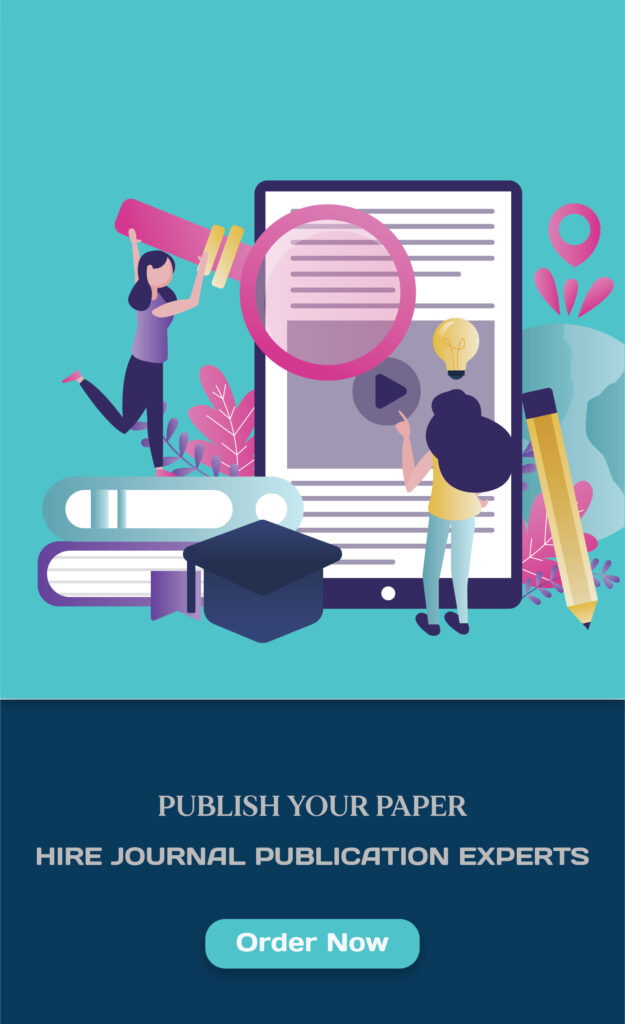The process of writing a book demands extensive work but appropriate English editing services bring significant value to the project. Every author who writes either fiction or non-fiction or academic work should use experienced editors to develop better clarity together with better grammar and seamless flow. A hiring decision for an editor requires that writers ask specific questions to verify their suitability.
This blog reveals the important questions you need to ask an editor prior to beginning your project. The purpose of these questions will demonstrate how much expertise they have in addition to their editing process and their ability to match your book’s needs.
1. What Experience Do You Have in English Editing?
Editors possess specific backgrounds that differ among individuals. Editors split their expertise into either fiction or academic and business writing fields. Inquire about their specific experience as an editor for English publications especially relating to your book genre.
Academic books writers will require somebody who has expertise in thesis editing or scientific editing services. A research-based book writer benefits from editors who hold expertise in journal article writing service delivery.
2. What Types of Editing Do You Offer?
To edit properly one needs more than a substance editor. English editing exists in multiple levels which include:
- During developmental editing, the editor concentrates on helping writers arrange their material and build the storyline while improving structure quality.
- A line editor enhances both sentence structure and readability together with clarity of statements.
- The task of Copy Editing involves conducting assessments of grammar while also maintaining punctuation and defining consistent rules between different parts of the text.
- The proofreading stage validates that every error has been eliminated in the final draft.
The type and number of editing services needed for your book depends on its present developmental phase.
3. How Do You Handle Feedback and Revisions?
Editing is a collaborative process. Learn from your editor about their methods of giving feedback and inquire about their revision policy. Choosing between track changes and written notes constitutes part of the different editing preferences between editors.
Establish how many revision rounds are possible if you require several edits. Academic writers who need thesis editing together with scientific editing specifically require editors to deliver precise and clear services because clarity and accuracy are vital.
4. What Is Your Turnaround Time?
The schedule you have set for publishing determines how essential deadlines become. Inquire from your editor about their standard book editing period. Some primary elements determine the length of time needed for a job completion.
- The length of your manuscript.
- The level of editing required.
- Their current workload.
Journal authors seeking assistance from professional services need quick delivery times to satisfy their publication time constraints.
5. Do You Have Samples or References?
The effective editor shows their capability through past editing samples. The examples of their past work allow you to recognize their editing techniques. You should obtain references from past customers if this option is available to you.
Academic authors should verify what experience an editor has in thesis editing and scientific editing. Having worked with technical language their previous experience guarantees professional and polished work quality.
6. How Do You Charge for Your Services?
The expenses of editing depend on the expert’s qualifications together with the editing service needed along with the length of the manuscript. Common pricing models include:
- Per word – Useful for shorter works.
- Per hour – The per-hour rate may become expensive when large amounts of extensive editing are necessary.
- Flat rate – Best for full manuscripts.
Check if the price covers additional round of revisions. The provision of discounts on multiple papers should be checked when using journal article writing services.
7. What Editing Software or Tools Do You Use?
Editors need human expertise since they commonly supplement their work by using tools such as Grammarly and ProWritingAid for English editing tasks. The tools serve to detect minor mistakes but should not substitute the role of human editors.
EndNote or Zotero serve academic authors as reference management tools for thesis editing and scientific editing.
8. Will My Work Remain Confidential?
As the author your manuscript counts as intellectual property thus confidentiality agreements must be established. The relationship between writer and professional editor demands strict privacy maintenance by the editor.
Confirm that both journal article writing services uphold ethical standards while avoiding early publication of your research content.
9. What Happens If I am Not Satisfied with the Edits?
The editing process remains largely based on personal preference therefore you might disagree with some of the modifications that get made. Inquire about their policy regarding both revisions and refund procedures. Editors enable clients to request a test editing service followed by a refund settlement if their work does not fulfil satisfaction standards.
Academic authors should select dependable editors who will guarantee their thesis work complies with university standards and journal expectations during thesis editing and scientific editing services.
10. Do You Offer Additional Services?
The service offering of certain professional editors includes assistance with English editing and additional features such as:
- Formatting for self-publishing.
- Editors perform reference checks as well as citation examinations for theses they edit.
- Submission guidance for journal article writing services.
Talking about required services should be your first step when discussing your needs with an editing provider.
Final Thoughts
The selection process for finding an appropriate editor plays a vital role in achieving book success. Your editor can deliver high quality English editing when you provide them with these specific questions.
Hiring the ideal editor for your book ensures that you will enhance its clarity while achieving both accuracy and professionalism through thesis editing and scientific editing as well as journal article writing.
Make a thorough search to find an editor appropriate for your needs because this will ensure superior handling of your book.


